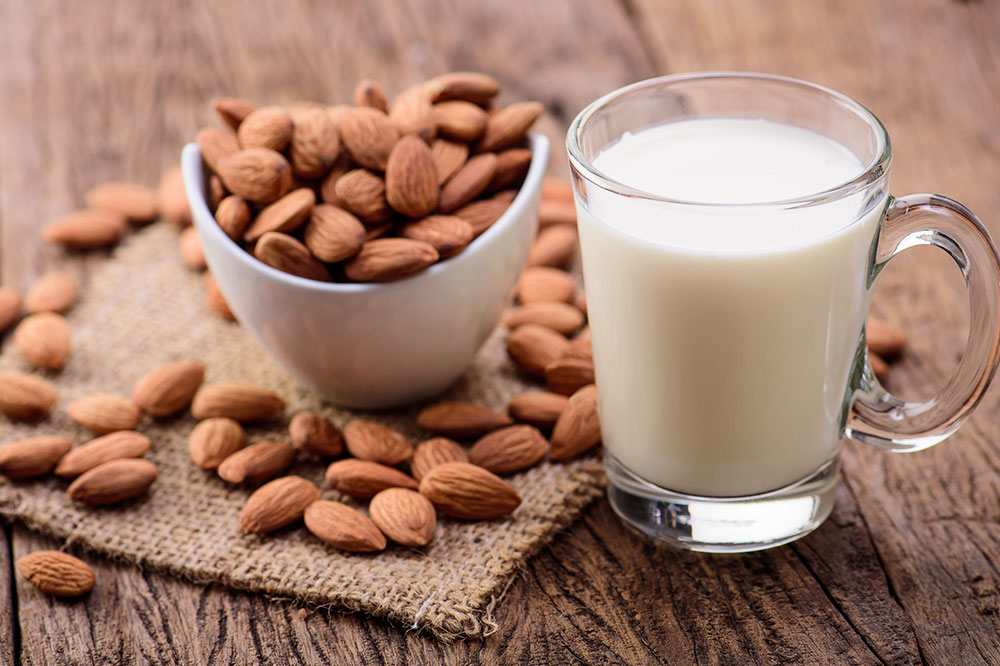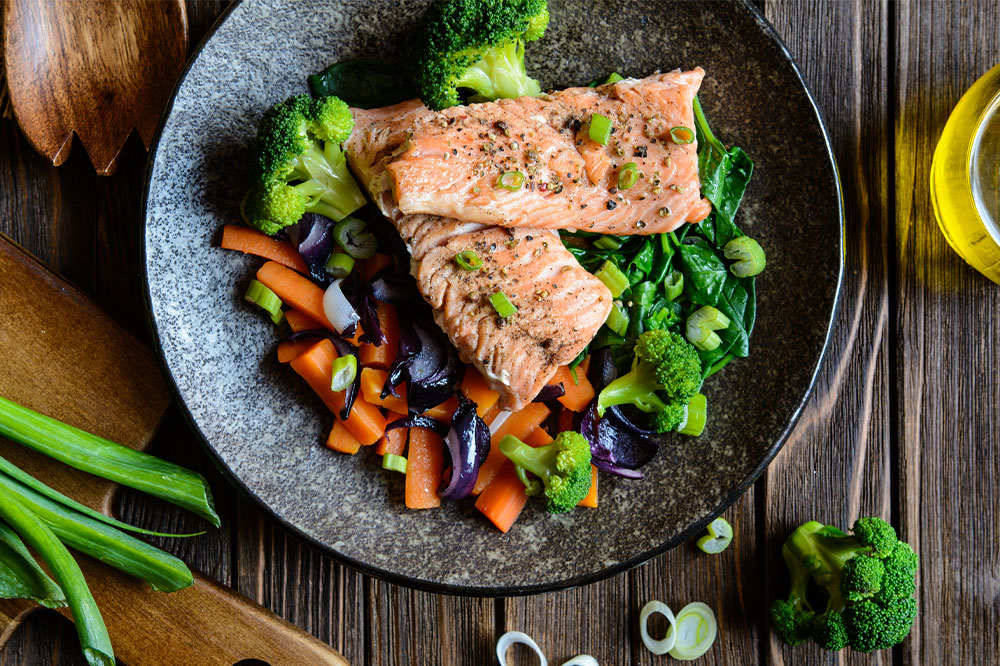Top 3 Foods to Enhance Your Sleep Quality
Discover three key foods that naturally improve sleep quality. Incorporate lean poultry, fatty fish, and whole grains into your diet to promote better rest. These nutrient-rich options help regulate sleep hormones, manage insomnia, and support overall health. Start making simple dietary changes today for restful nights and more energized days.

Top 3 Foods to Enhance Your Sleep Quality
Nutrition significantly impacts overall well-being. Regular dietary intake supplies vital vitamins, minerals, and nutrients that support various bodily functions. Imbalances can lead to health issues, including sleep disturbances like insomnia, which diminishes quality of life. Fortunately, adjusting your diet by adding certain sleep-promoting foods can help combat insomnia naturally.
Below are three nutrient-rich foods known for their sleep-enhancing properties.
Lean Poultry
Chicken and turkey are high in protein and are often recommended for managing soreness and sleep issues. These lean meats are rich in tryptophan, an amino acid that promotes sleep. Tryptophan aids in the synthesis of serotonin and melatonin—hormones that regulate sleep cycles and mood. Consider having eggs in the evening, as they also provide natural tryptophan.
Fatty Fish
Rich in omega-3 fatty acids, fatty fish like salmon, sardines, mackerel, and trout support proper bodily functions, including serotonin production. These fish are also loaded with vitamin D, which helps maintain healthy serotonin levels. Adequate serotonin is essential for regulating sleep patterns and combating insomnia.
White Rice and Whole Grains
Eating white rice at night can naturally improve sleep quality by increasing blood sugar and insulin levels, stimulating the brain to produce sleep-inducing tryptophan. Whole grains serve a similar purpose—they boost insulin and promote relaxation and restfulness after meals.
Note:
This blog offers valuable insights on various topics, backed by thorough research. While the information is meant to guide and educate, it should not replace professional medical advice. The site is not responsible for discrepancies or inaccuracies across different sources. Additionally, some offers or schemes might be missing from our content that could benefit you more.










